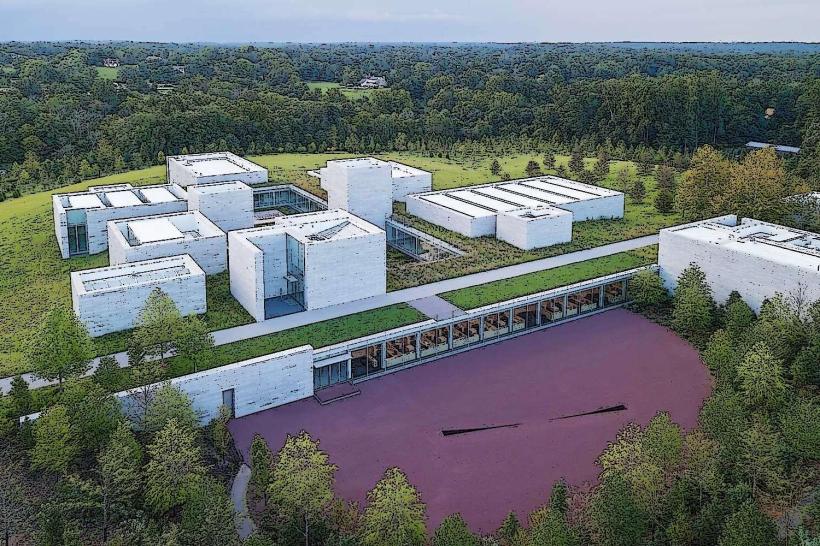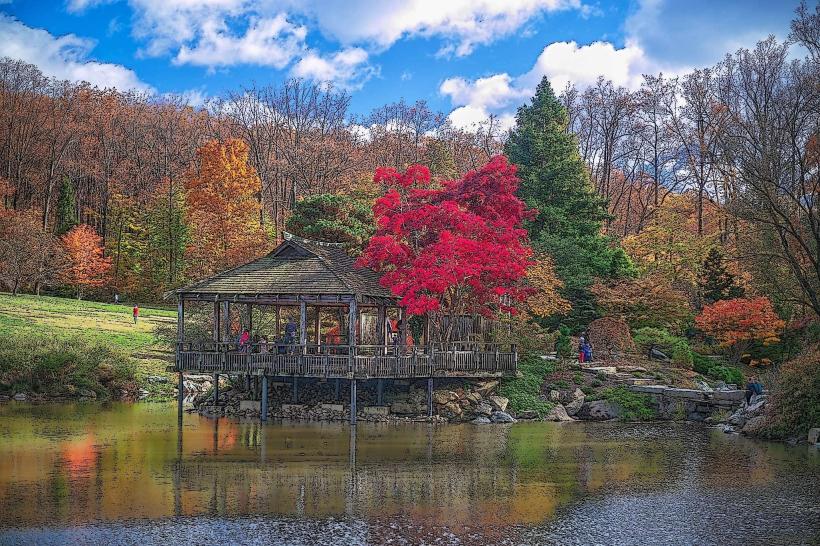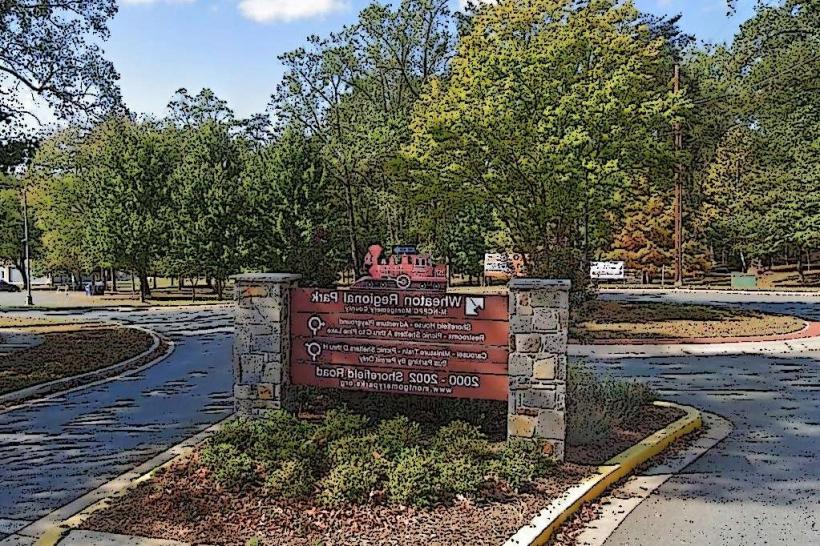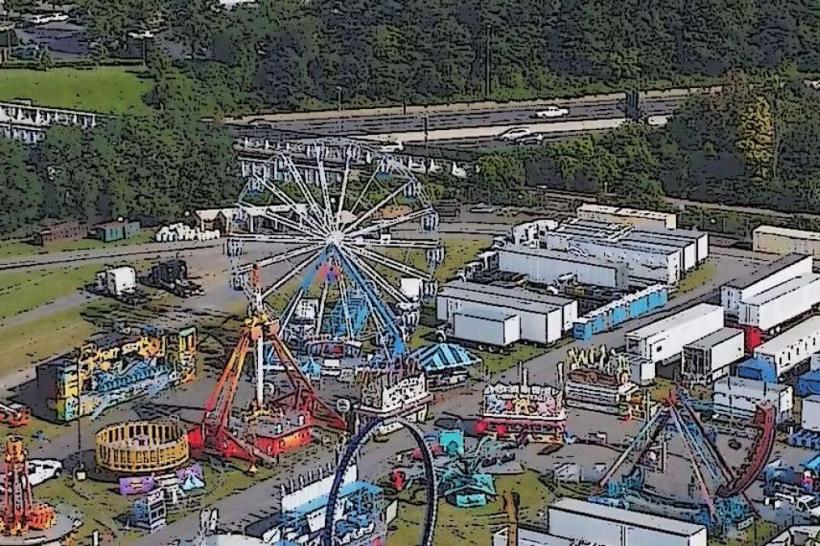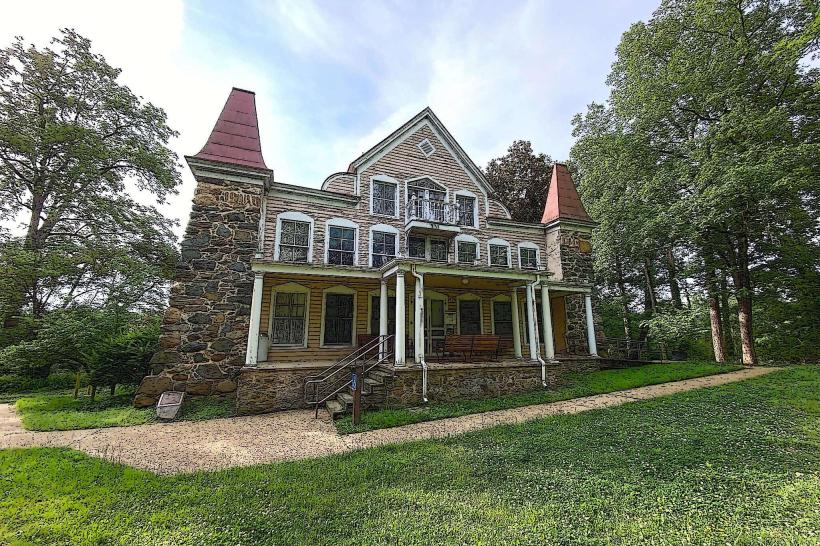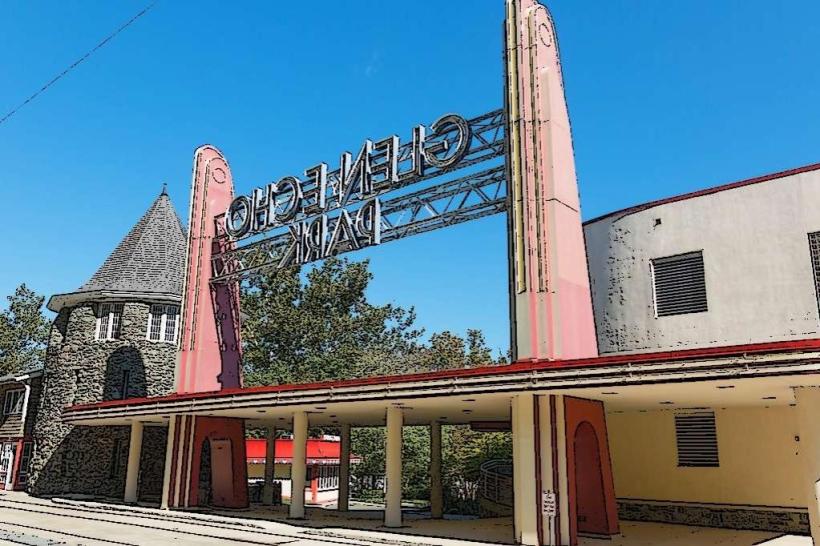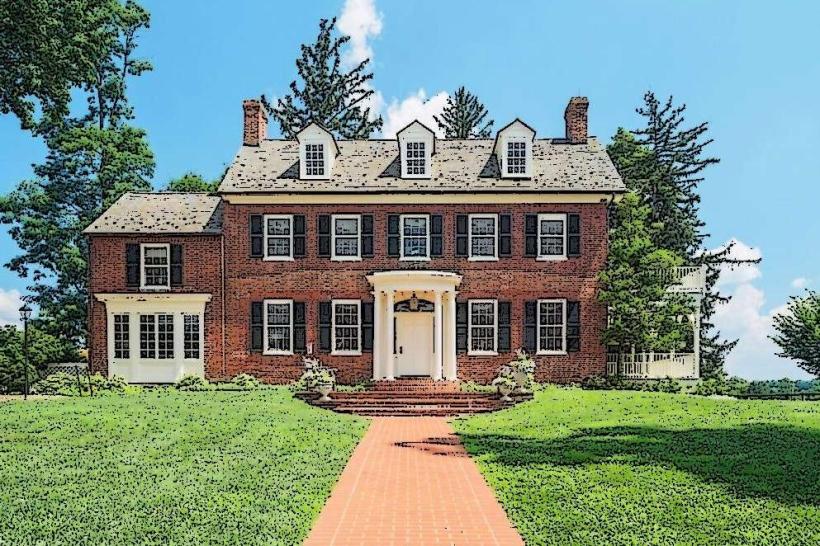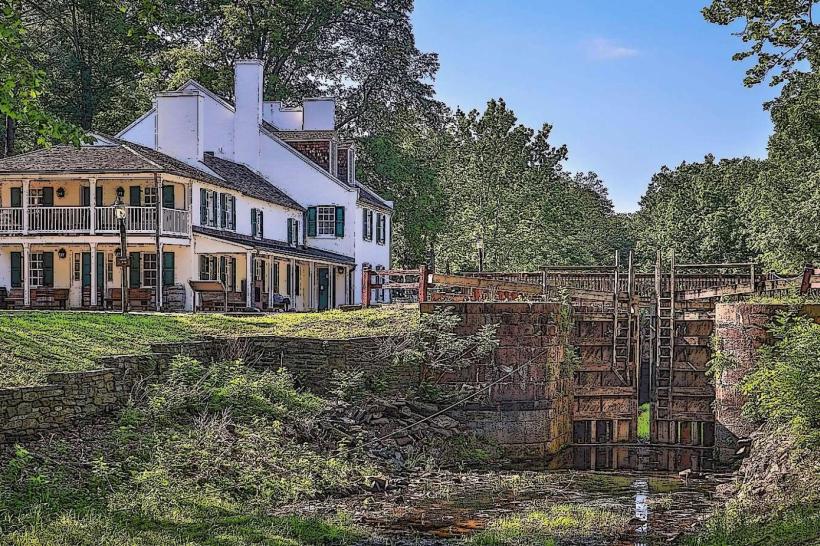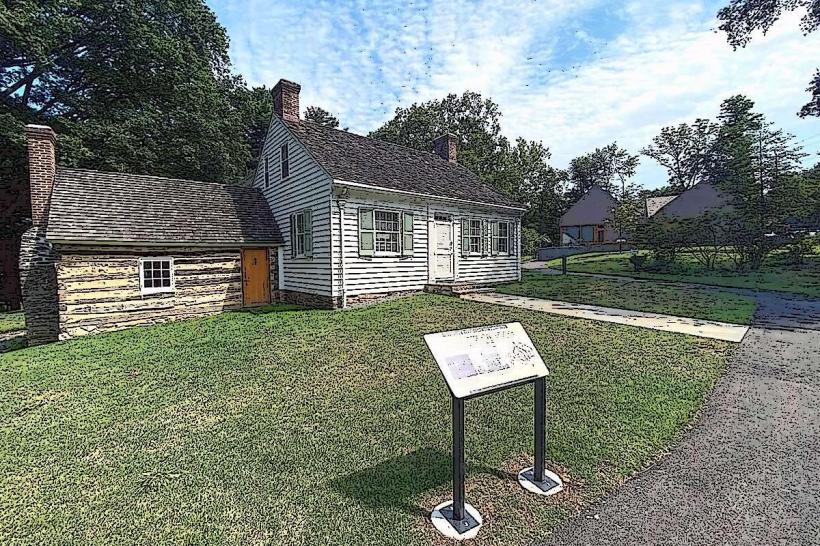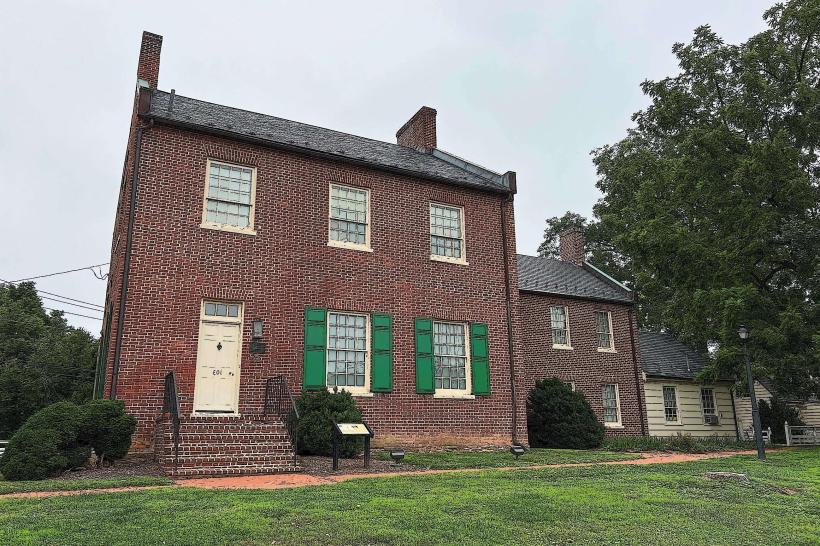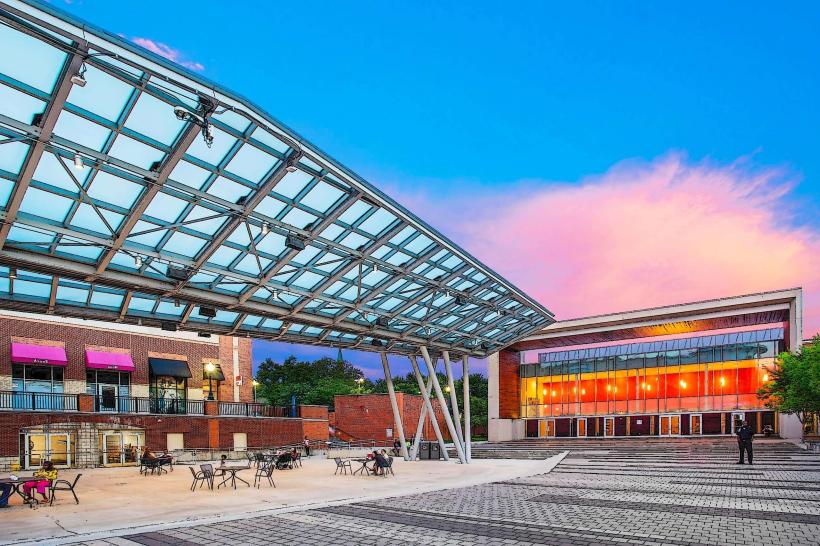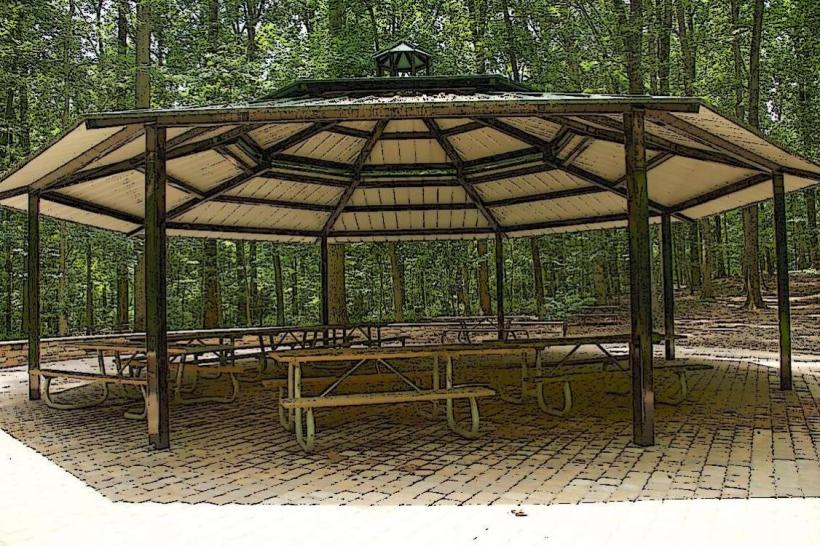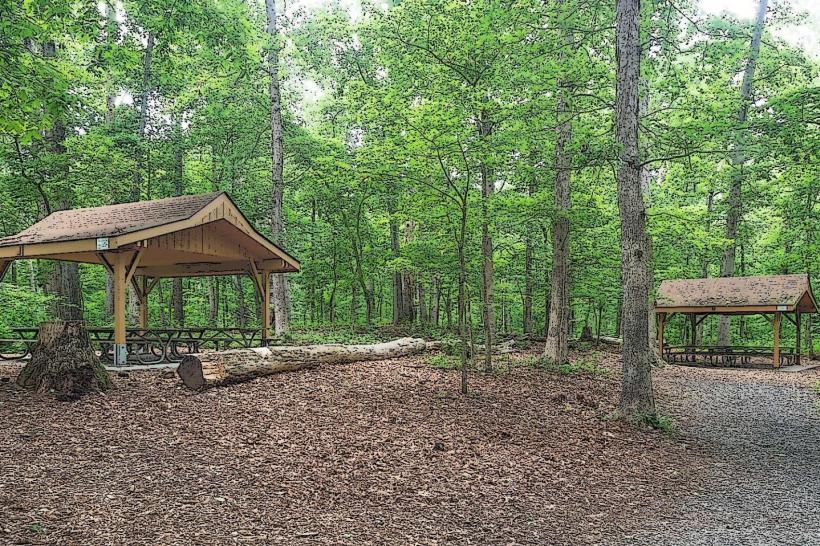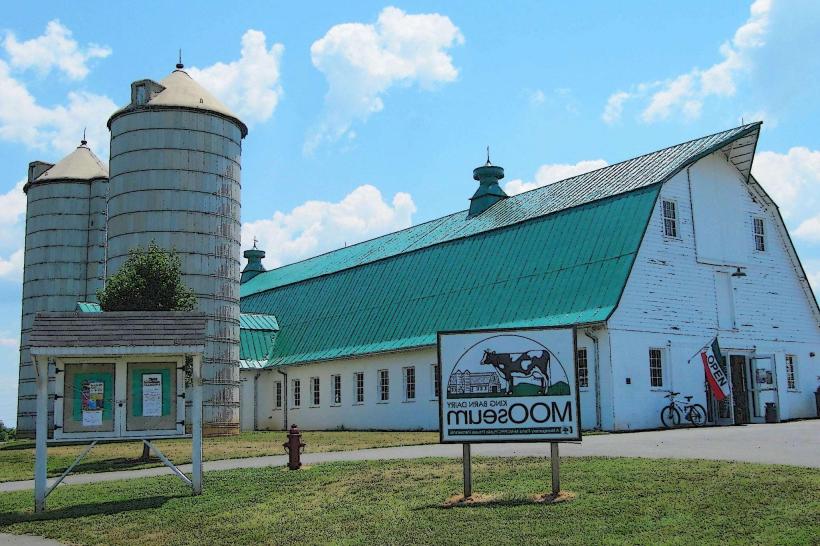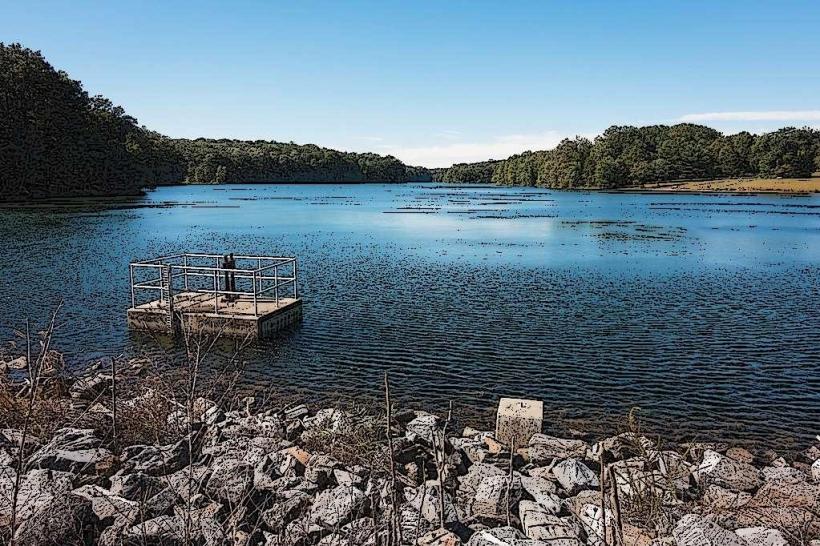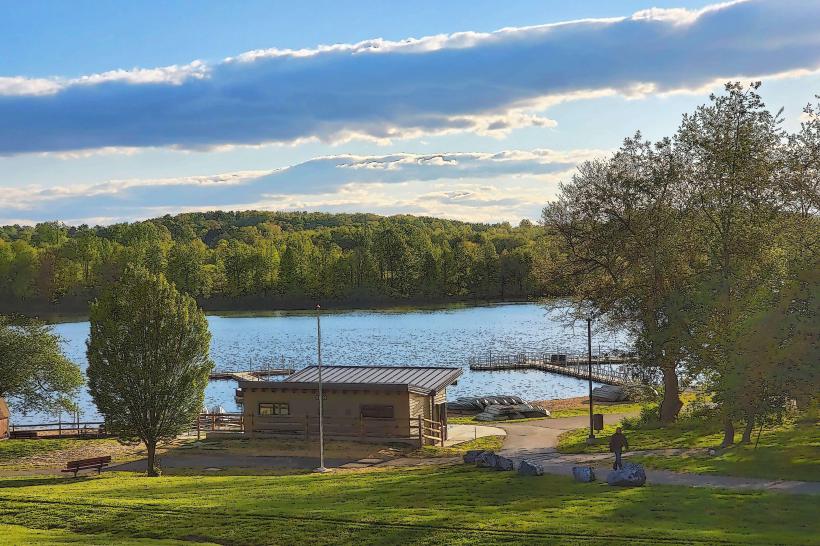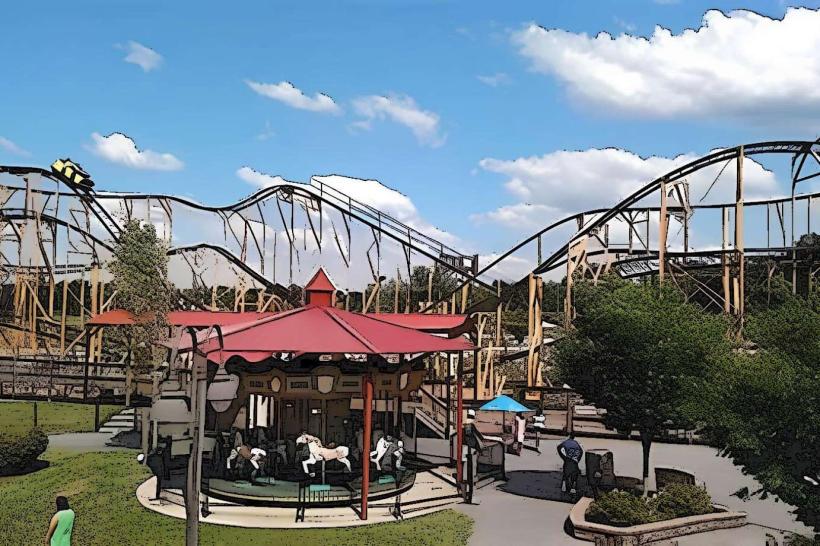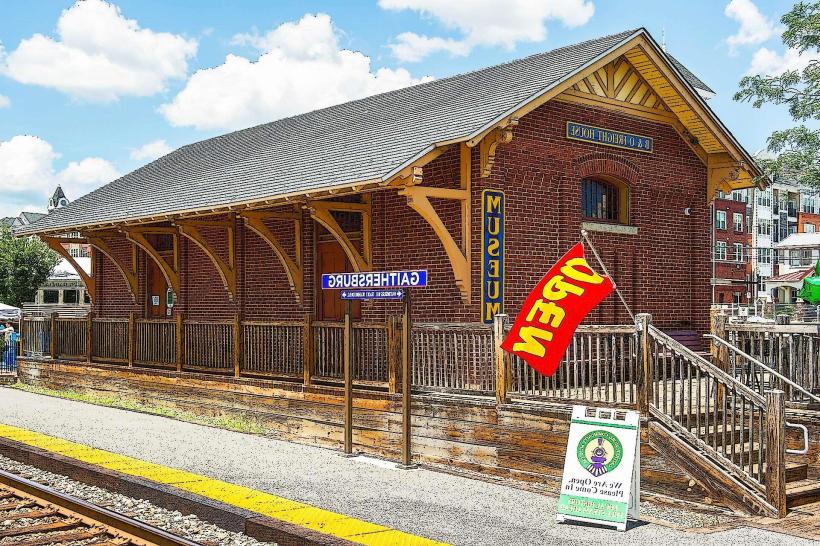Information
Landmark: National Capital Trolley MuseumCity: Montgomery County
Country: USA Maryland
Continent: North America
National Capital Trolley Museum, Montgomery County, USA Maryland, North America
The National Capital Trolley Museum is a transportation museum located in Montgomery County, Maryland. It preserves and operates historic electric streetcars and interurban cars.
Visual Characteristics
The museum building is a single-story brick structure. Inside, the main exhibition hall houses a collection of restored trolleys. These vehicles vary in size and design, reflecting different eras of electric transit. Exterior views are of the museum building and the adjacent trolley tracks.
Location & Access Logistics
The museum is situated at 1313 Bonifant Road, Silver Spring, MD 20906. It is approximately 15 miles north of Washington D.C. Access is via Bonifant Road, which connects to Georgia Avenue (MD-97). Ample free parking is available on-site. The nearest public transport is the Ride On Bus Route 17, with a stop approximately 0.5 miles from the museum entrance.
Historical & Ecological Origin
The museum was founded in 1969 by the Northern Virginia Model Railroaders, Inc. Its purpose is to collect, restore, and operate historic electric transit vehicles. The collection includes cars dating from the early 20th century, representing the evolution of urban and interurban transportation in the Washington D.C. metropolitan area and beyond.
Key Highlights & Activities
Visitors can board and explore a selection of restored trolleys. A 2-mile round trip ride on a historic trolley car is offered on operating days. The museum also features model railroad layouts and exhibits detailing the history of streetcars and interurbans.
Infrastructure & Amenities
Restrooms are available within the museum building. Limited shaded areas are present near the boarding platform. Cell phone signal (4G/5G) is generally available. No on-site food vendors are present, but vending machines offer snacks and beverages. The nearest dining options are located approximately 1 mile south on Georgia Avenue.
Best Time to Visit
Operating days and hours vary seasonally; check the museum's official schedule. For photography of the trolleys, morning light offers direct illumination on the vehicles. The museum is generally accessible year-round, with specific operating schedules for trolley rides.
Facts & Legends
One of the museum's most significant artifacts is a 1928 Capitol Traction Company PCC (Presidents' Conference Committee) streetcar, a model that was once a common sight in many American cities. A specific tip for visitors is to check the museum's website for special event days, which often feature extended operating hours or unique demonstrations.
Nearby Landmarks
- Fairland Recreational Park - 2.5km Northeast
- Woodmore Towne Centre - 3.0km Southeast
- Greenbelt Park - 4.0km East
- National Museum of Health and Medicine - 4.5km Southwest

